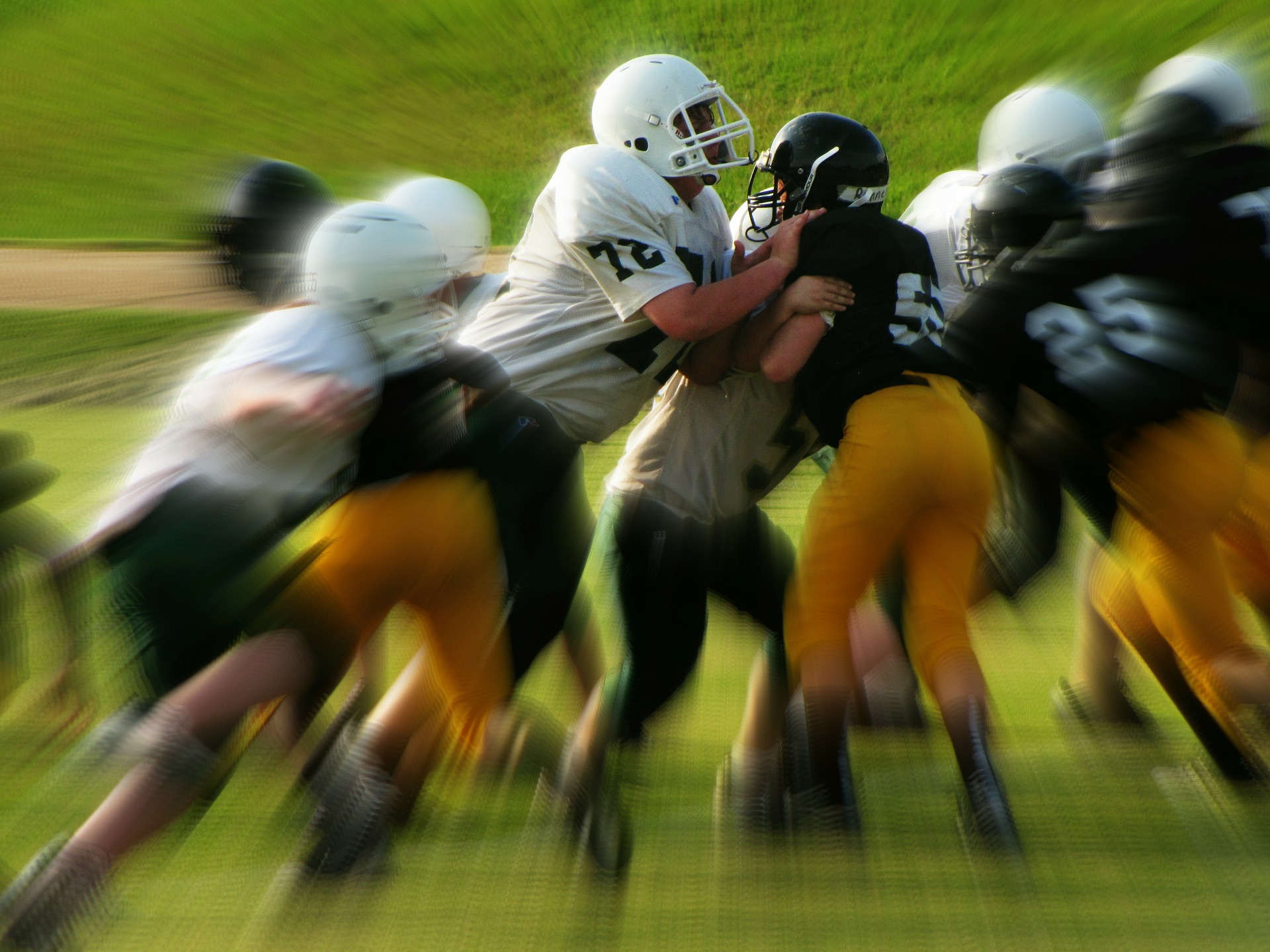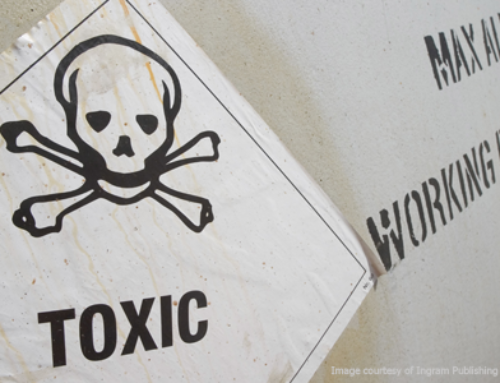Maintaining optimum health and safety for all athletes is imperative to a sports team’s success. That’s why a team physician is one of the most important assets an athletic program can have. Because the stakes are high, choosing the right physician can be a daunting task. Understanding all the duties of a team physician, as well as the qualifications the professional should possess, is an excellent first step on the path to finding the perfect fit for your team.
 What Does a Team Physician Do?
What Does a Team Physician Do?
In addition to keeping athletes in the best possible playing shape, a team physician has a number of vital roles. Medical management duties include coordination of pre-participation assessment methods, immediate care of injuries sustained during play or practice, coordination of rehabilitative services and medical clearance for return to participation, and collaboration with other medical professionals to provide a spectrum of services to athletes. The team physician also offers education and counseling services on topics including nutrition, strength and conditioning, ergogenic aids, substance abuse, and myriad other issues an athlete of any age or participation level may face.
A team physician is also responsible for medical-related administrative and logistic duties. Administrative responsibilities include establishing a chain of command, defining relationships between all involved parties, and providing for documentation and medical record-keeping. Logistic tasks include creating an emergency management plan, training staff, maintaining adequate equipment and supplies, assessing playing conditions, and planning for adequate medical staff coverage for all events.
What to Look For
Criteria for selecting a team physician can be broken down into minimum requirements and additional desired qualifications. A team physician must hold a current, unrestricted license as an MD (Doctor of Medicine), DC (Doctor of Chiropractic Medicine), or DO (Doctor of Osteopathic Medicine). The physician must also have current CPR training and possess working knowledge of sports medicine emergency care, trauma, musculoskeletal injuries, and other medical conditions affecting athletes.
An ideal candidate possesses additional qualifications, including specialty board certification and continuing education in sports medicine. Other desirable training or experience includes formal training or certificate of added qualification in sports medicine, participatory membership in a sports medicine society, and training in advanced cardiac life support. Ideally, at least half of the physician’s practice involves sports medicine, and the candidate actively contributes to sports medicine education through teaching, research, or publications. The physician should also adhere to a sports medicine-specific code of ethics, such as that maintained by the International Federation of Sports Medicine.










Connect With Us